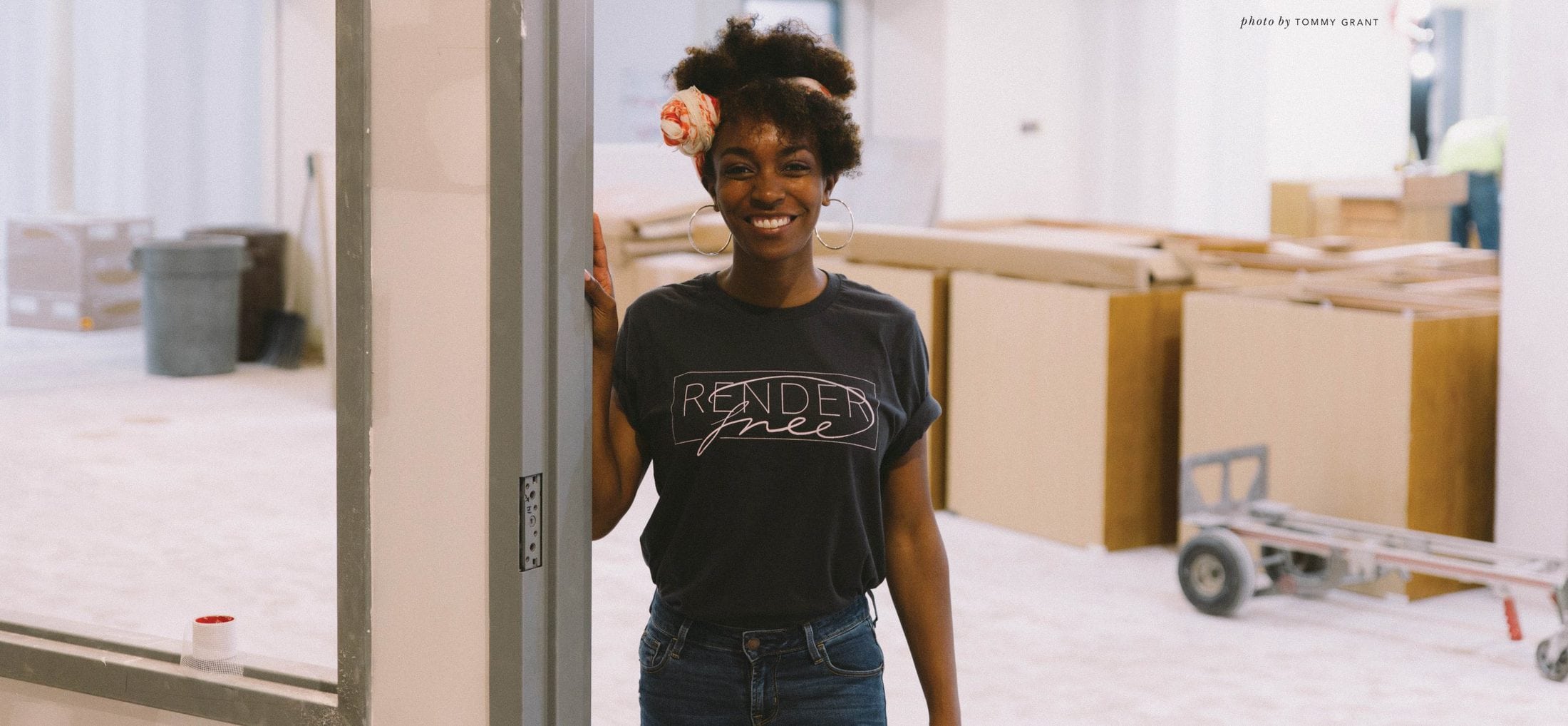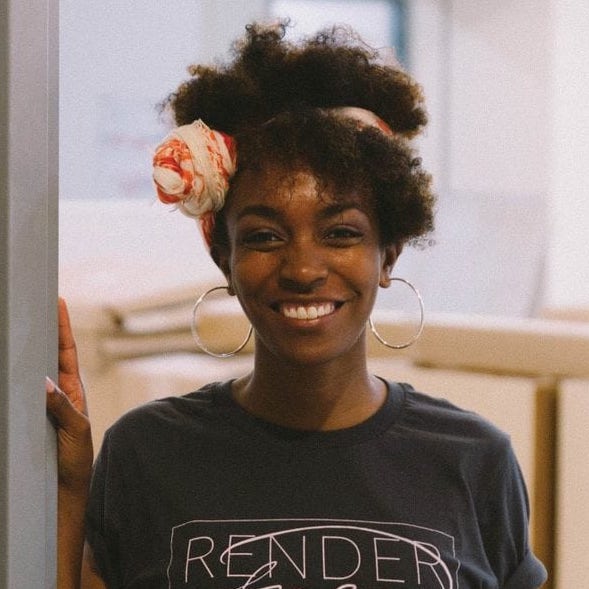Interrupting Racial Trauma by Making Space for Healing
For most of my upbringing, I spent time in predominately white spaces outside of home. As a young Black girl, I grew up with white teachers, white doctors, white neighbors, and white friends. The daughter of a transracial adoptee, I had white cousins, white grandparents, white aunts, and white uncles. These white people of my upbringing are family members I love and friends I needed.
Yet growing up as a young Black girl so racially isolated from Black communities and other Black children came at a cost. For much of my life I laughed away the internal pang of pain brought on by generalizations and jokes made by my friends and teachers. I resisted the temptation to shrink away when my classmates reached out to pet my hair, noting how different it was from their own. I refused to recognize the psychological injuries I suffered from my well-intended white community.
Even though my parents empowered me to speak up about my feelings and to set boundaries with my peers, I internalized the misconception that racism is simply defined as interpersonal misconduct. I felt like I had to simply withstand the blows of their well-intentioned blunders. As a young Black Christian girl, I thought racism was simply my cross to bear.
By investing resources and real estate, Ace in the City and Epiphany Covenant Church affirm that these women matter to God. They bear God’s imprint. They are an image of the Almighty.
The church taught me to love in the face of abuse. “Count the cost,” the Bible says. “Love your enemy.” The world taught me that to love as a Black woman is to suffer mistreatment silently, ignoring the cost to my own wellbeing. These distorted perceptions combined to create a wall between myself and all that I needed. I learned not to voice wrongdoing. I was not to disrupt. I was not to ask for help—from God or from others. I was to be pleasant, to perform, and to produce.
I am slowly beginning to realize that to live that way is to die that way.
Notably, my body found that truth out first. Compounded unrelenting trauma began to reveal physical manifestations. I began to notice the ways my muscles grew tense as I approached the entrance of my predominately white workplace. I felt myself wince when white women I did not know stopped me in a grocery store. I had learned to brace for impact.
Back, neck, and shoulder pain, sleep deprivation, and skin irritation forced me to see the connection between race-based stress and whole-body wellbeing. When I shared my experience with other Black and brown women, I saw looks of recognition. I heard their words of compassion and understanding. This was their experience too.
As my community became increasingly multiracial, I began to piece all the little instances of social injuries and bits of injustice together. Experiences I once thought specific to my nuclear family were shared among friends of color. Heartbreaking situations and barriers my kinfolk overcame echoed stories Black peers shared. I began to have ears and eyes to see beyond that simplified understanding of racism as interpersonal. I began to see a broader system of injustice and its physical impact on every Black body forced to live within it.
This clarity led me to wonder if we all had misunderstood some fundamental aspect of our creation. Where God created diverse, thriving ecosystems that overlap one another, one form of life flowing into another, we have drawn dividing lines. Where God created order through connection, we have often created division and hierarchy. The tribes, wealth, and idols we claim have separated us. The land, gender, and lineage we claim have separated us.
God could have disrupted our trajectory in endless ways, yet the Author of life chose to materialize in fragile flesh like our own. He chose the least, arrived as a child, born of a God-fearing girl in the midst of human-made division.
Yet and still, God, who invites us into salvation, distinguishes us from the world in one way—not wealth, not race, not gender, nor behavior. It is God’s merciful grace that sets us apart. We have been given eyes to see the unseen, ears to hear what the world is deaf to. The disqualified are qualified by the goodness of a Savior.
Today, many white image-bearers fear disqualification as beneficiaries of wicked systems. Black and brown image-bearers question their qualification in a world that constantly deems us disqualified.
But the Lord did not come for the qualified. Christ says you matter to God. The Author of life loves, lives, and died so that we may awaken to his nearness. You bear his imprint. He has etched himself within you. You bear the image of the Almighty. Even when Christ kept his deity concealed, the heart of humanity stirred because of his attention to what concerned them, what bound them, and what ailed them.
It was first for myself that I saw the justice of the Lord. By believing myself to be who God says I am, I found an opportunity to assess my wellbeing, to reach for what I need, and to love myself well by asking the Lord to come to my aid. Now, I take up the cross of my mission, light and easy compared to the yoke of proving my qualification. And I invite others to live free of the societal expectation to perform
and produce.
So I established Render Free, a communal wellness space that disrupts racial trauma by promoting whole body wellness for self-identified Black and brown women. In partnership with Epiphany Covenant Church and CovEnterprise partner Ace in the City, I have worked to make Render Free a community of belonging and a host for events featuring wellness practitioners of color. Together we strive to find liberation from the health consequences brought on by race-based stress.
Today, our world, our city, and our neighbors are crying out. We, Black women and Black bodies, are crying out. By investing resources and real estate, Ace in the City and Epiphany Covenant Church affirm that these women matter to God. They bear God’s imprint. They are an image of the Almighty.
God’s nearness and our belonging with him invites us to surrender. And that is salvation. He came so that we can be free, have life, and be well. Through strategic collaborations like Render Free, the church has an opportunity to disrupt systemic racism and to interrupt racial trauma by holding Black and brown women who are forced to struggle within these unjust systems. At the crossroads of such vast dividing lines, we must disrupt as Jesus did. We must enlighten all people, that all might know the truth—God’s nearness and our belonging.














